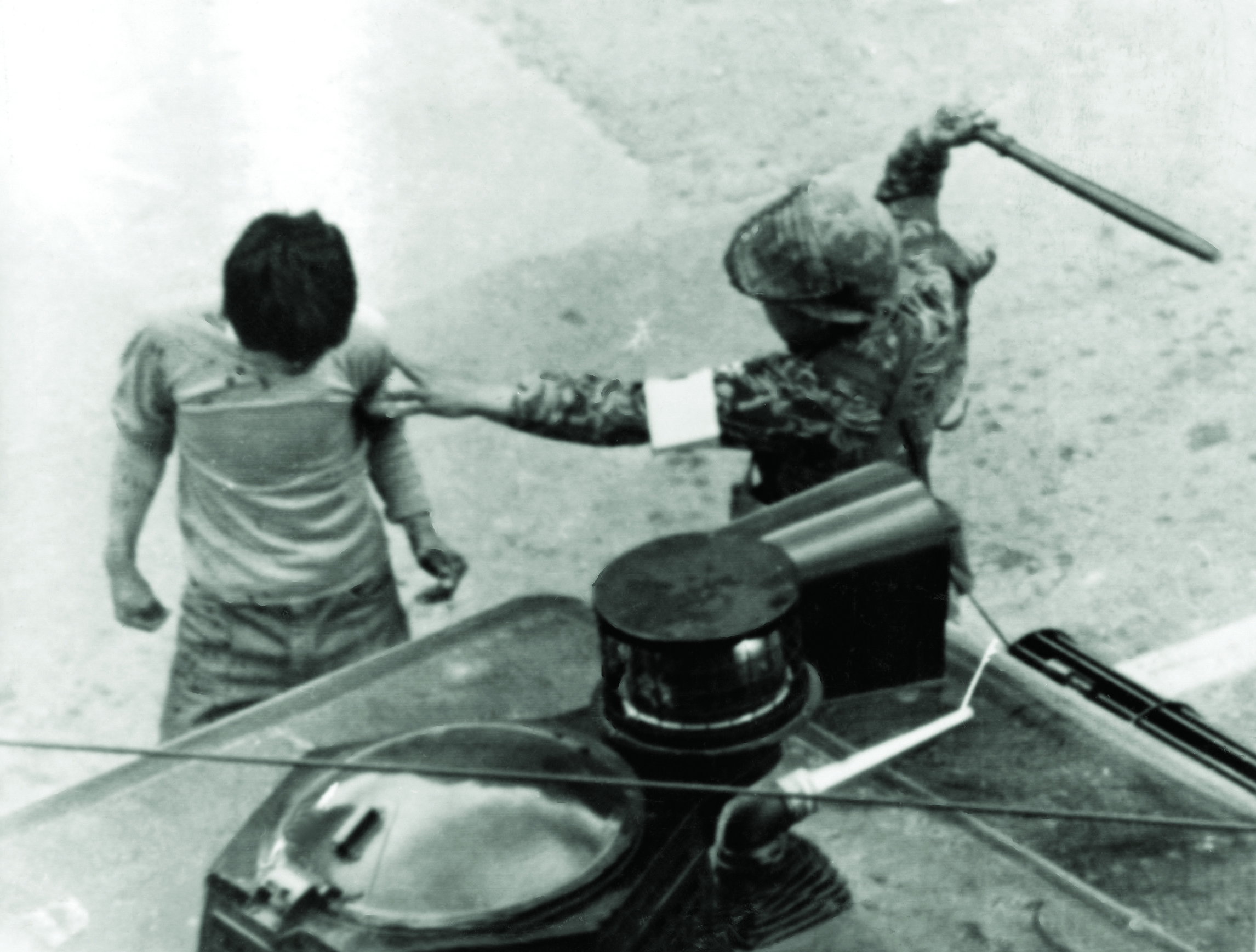South Korean national identity is rooted in the struggle for democracy against military authoritarian government.
The dawning of democracy began in the southwestern city of Gwangju in 1980. From May 18 to 27, protests against martial law became the pivotal crucible of a grassroots campaign to overturn a despotic regime and assert civilian rule. Hundreds of civilians were brutally massacred, beaten and tortured by the military, rendering Gwangju into a potent symbol of people power that inspired similar subsequent movements around Asia. The crackdown mobilized ordinary citizens and ignited civil society, a collective recoiling from the savage violence perpetrated by Gen. Chun Doo-hwan that eventually pushed the military back into the barracks and ushered in civilian rule in the 1990s.
Military strongman Park Chung-hee seized power in 1960 in a coup and ruled repressively with U.S. backing until he was assassinated in October 1979 by the head of the Korean Central Intelligence Agency. In the aftermath, Gen. Chun, then head of the Defense Security Command, seized power in December 1979. He sidelined President Choi Kyu-hah and extended martial law nationwide on May 17, 1980, igniting a confrontation with pro-democracy activists who had hoped that the death of Park would usher in democracy.



